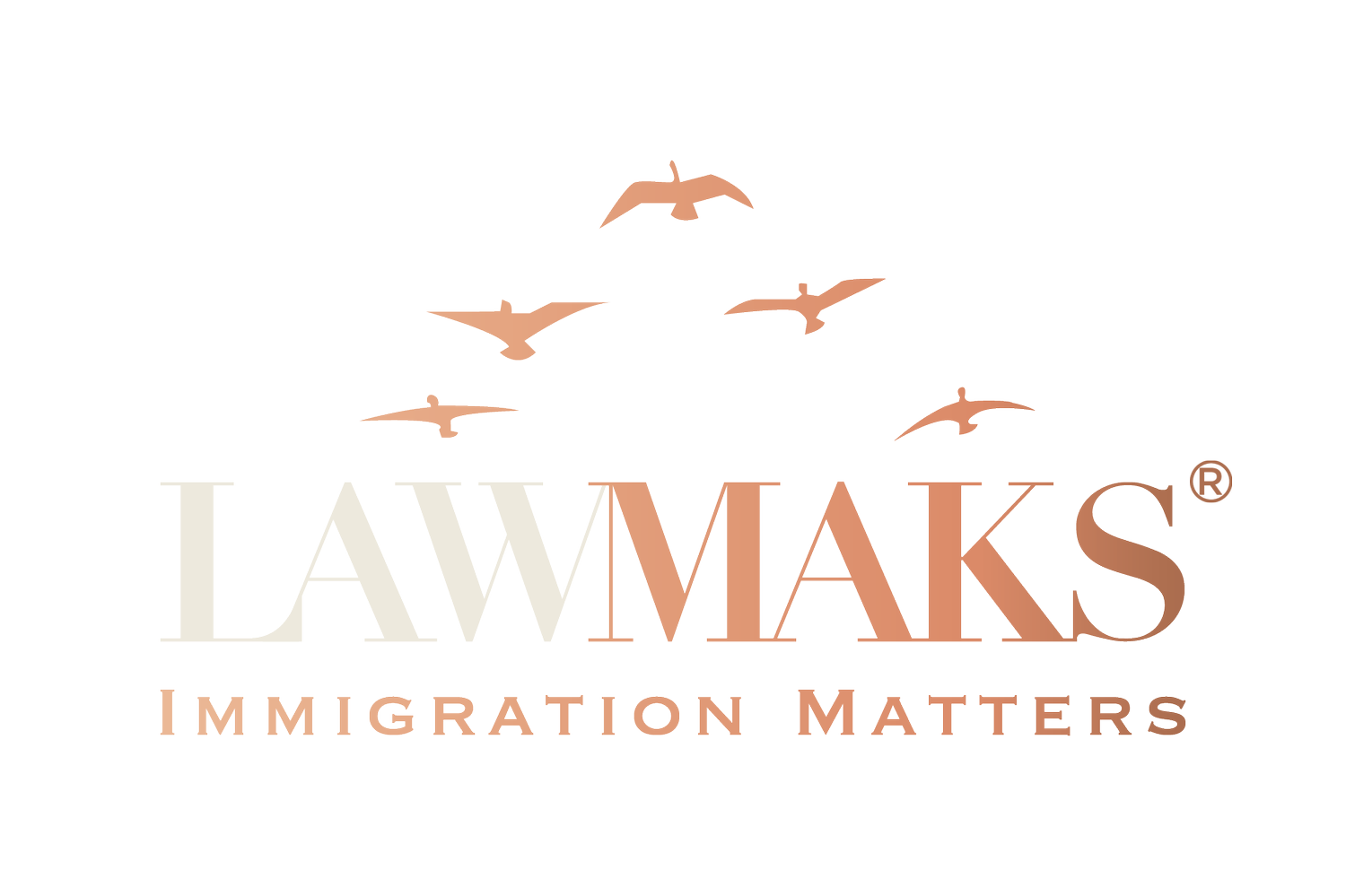Passive Investment Opportunities: Exploring Options for Foreign Investors
Foreign investors seeking to diversify their portfolios and generate passive income often consider opportunities in the United States. This article explores the concept of passive investment and sheds light on the available options for foreign investors. However, it is important to note that investment laws and regulations can be complex, varying based on factors such as the type of investment, jurisdiction, and individual circumstances.
Definition of Passive Investment:
Passive investment refers to an investment approach where an individual provides capital to an enterprise or project without actively participating in the day-to-day management or operations of the investment. The goal is to generate returns and income through the investment vehicle itself, such as stocks, bonds, mutual funds, real estate investment trusts (REITs), or other passive investment opportunities.
Exploring Passive Investment Options:
The United States offers a wide range of passive investment opportunities for foreign investors. These may include investing in publicly traded securities, such as stocks and bonds, which can provide potential returns through dividends and capital appreciation. Additionally, real estate investments, such as purchasing rental properties or investing in REITs, can offer passive income streams through rental payments or distributions. It is important to conduct thorough research, seek professional advice, and comply with applicable laws and regulations when exploring passive investment options in the US.
While passive investment presents an appealing opportunity for foreign investors, it is essential to seek guidance from an immigration attorney at Lawmaks. Consultation with legal experts will help ensure compliance with investment laws, gain an understanding of potential tax implications, and navigate any immigration-related factors that may arise.


